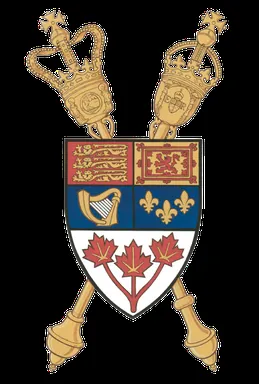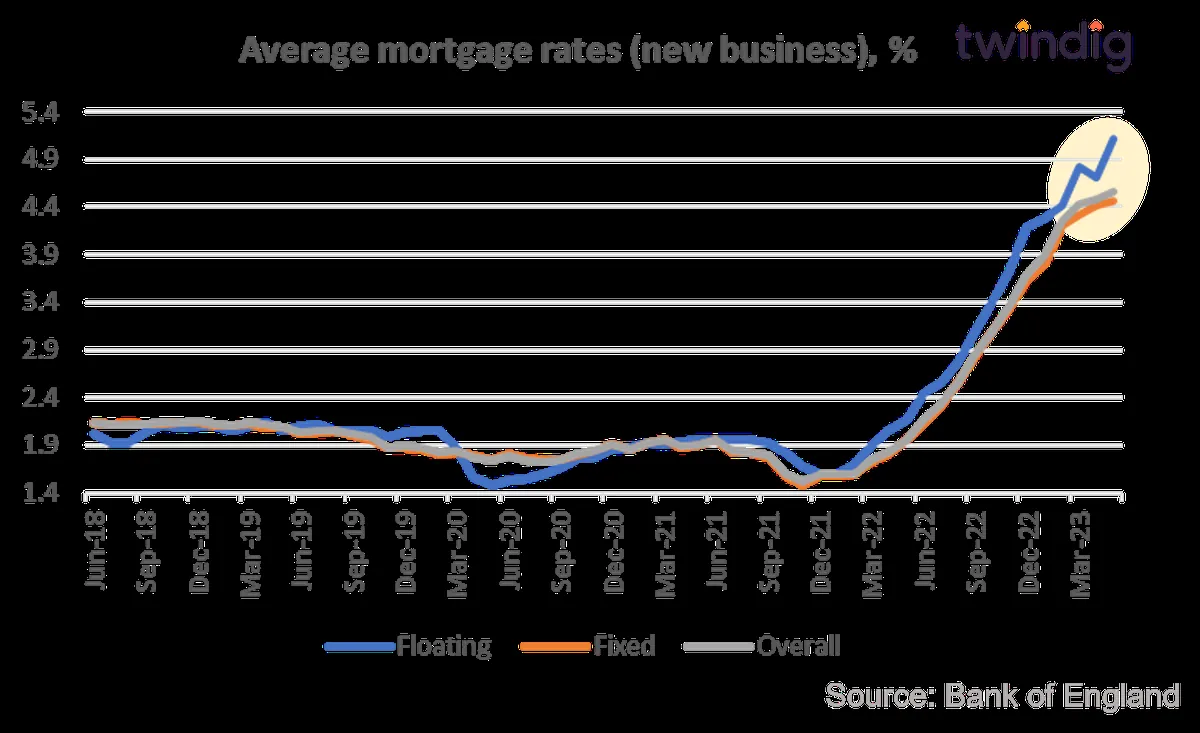Parliament of Canada
The Parliament of Canada is the federal legislature of Canada, seated at Parliament Hill in Ottawa, and is composed of three parts: the King, the Senate, and the House of Commons. By constitutional convention, the House of Commons is dominant, with the Senate rarely opposing its will. The Senate reviews legislation from a less partisan standpoint and may initiate certain bills. The monarch or his representative, normally the governor general, provides royal assent to make bills into law.

Some of the key events about Parliament of Canada
- 1867Established the Dominion of Canada through the British North America Act
- 1867Excluded women from voting in federal elections
- 1876Passed the Indian Act, restricting Indigenous rights and autonomy
- 1885Completed the Canadian Pacific Railway, connecting the country coast-to-coast
- 1885Imposed the Chinese Immigration Act, limiting Chinese immigration
- 1914Enacted the War Measures Act, allowing for civil liberties suspension
- 1917Passed the Income War Tax Act, introducing income tax to fund World War I efforts
- 1918Granted federal voting rights to women
- 1927Appointed the first female senator in Canadian history
- 1939Interned Japanese Canadians during World War II
- 1960Enacted the Canadian Bill of Rights, protecting fundamental freedoms and human rights
- 1969Decriminalized homosexuality through the Criminal Law Amendment Act
- 1970Invoked the War Measures Act during the October Crisis
- 1982Patriated the Constitution and enacted the Canadian Charter of Rights and Freedoms
- 1982Failed to secure Quebec's agreement to the Constitution Act
- 1988Passed the Canadian Multiculturalism Act, recognizing and promoting cultural diversity
- 1990Introduced the Goods and Services Tax (GST), a controversial consumption tax
- 2005Legalized same-sex marriage nationwide through the Civil Marriage Act
- 2008Prorogued Parliament to avoid a non-confidence vote
- 2011Found in contempt of Parliament for withholding information on costs of programs
Disclaimer: This material is written based on information taken from open sources, including Wikipedia, news media, podcasts, and other public sources.































